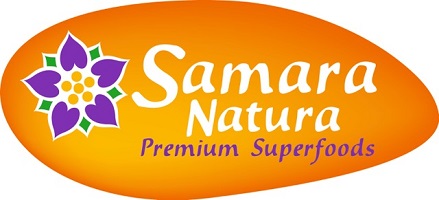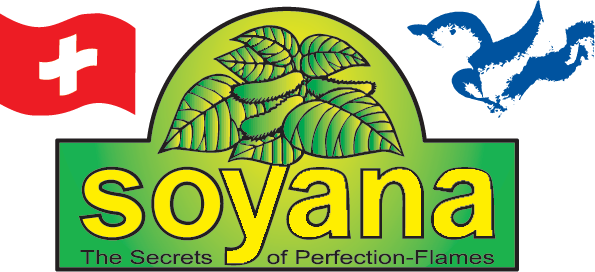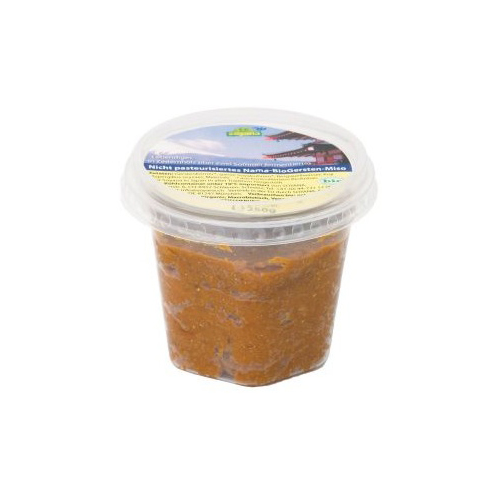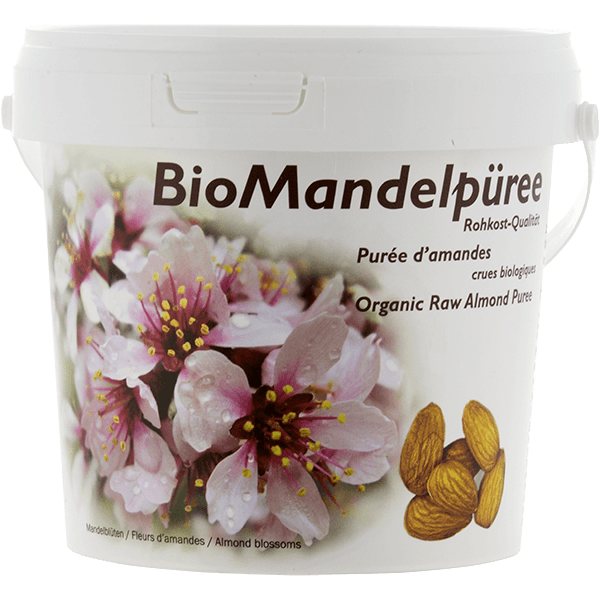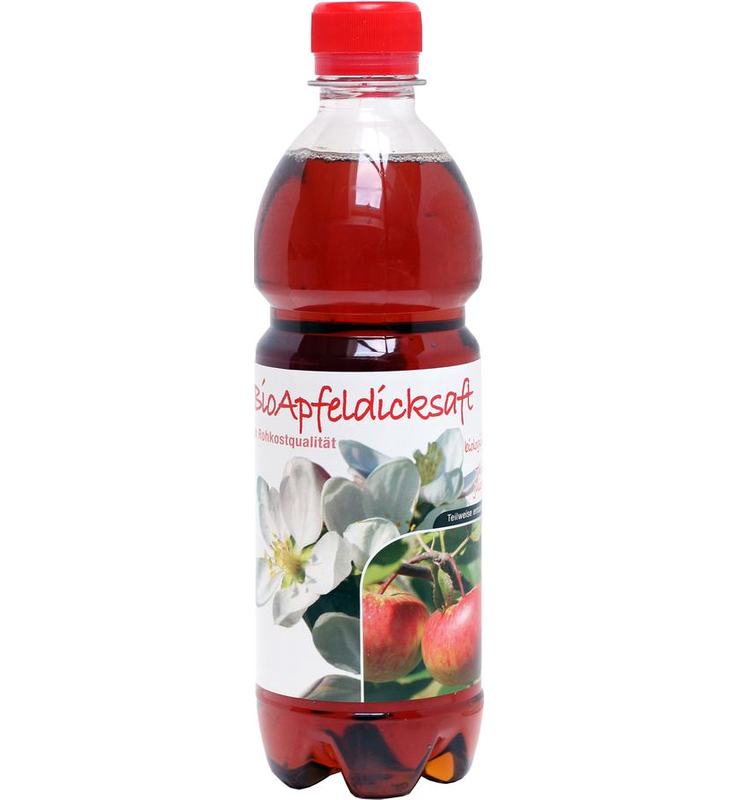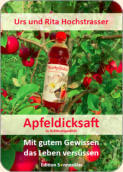| Quantity | Unit price | Base price |
|---|---|---|
| To 2 |
CHF 8.70*
|
CHF 3.48* / 100 Gramm |
| From 3 |
CHF 8.27*
|
CHF 3.31* / 100 Gramm |
Available, delivery time: 1-4 days
Product information "Soyana Nama-Organic-Barley-Miso"
Soyana Nama organic barley miso 250g - unpasteurised
Unpasteurised organic barley miso from Soyana. Nama means highest quality according to traditional Japanese production methods. In the production of this miso, the soya beans are cooked and then fermented in wooden barrels for 2 years. During fermentation, nutrients are released and probiotic bacteria beneficial to the intestinal flora are formed; each gram contains several million bacteria. It also contains many enzymes that are beneficial for digestion. The usual preservation by pasteurisation is not used. 250 g are sufficient for approx. 41 portions of 6 g/1 teaspoon each.
Ingredients
Barley grains*, whole soya beans*, mountain spring water, koji (Aspergillus oryzae), sea salt. *From controlled organic cultivation.
Use Nama Organic Barley Miso
For sauces, salads, soups, green shakes, sushi, dips and spreads.
Tip: Roll an espresso spoon of miso into a green lettuce leaf and enjoy the flavour unfolding in your mouth.
Nutritional values of organic barley miso per 100g
Energy: 598kj / 143kcal
Fat: 5g,
of which saturated fatty acids 1g
Carbohydrates 9.1g,
of which sugar 4.8g
Dietary fibre 6.7g
Protein 12.7g
Salt 10.37g.
Contains gluten.
Cholesterol free.
Allergens: soya, barley.
Login
